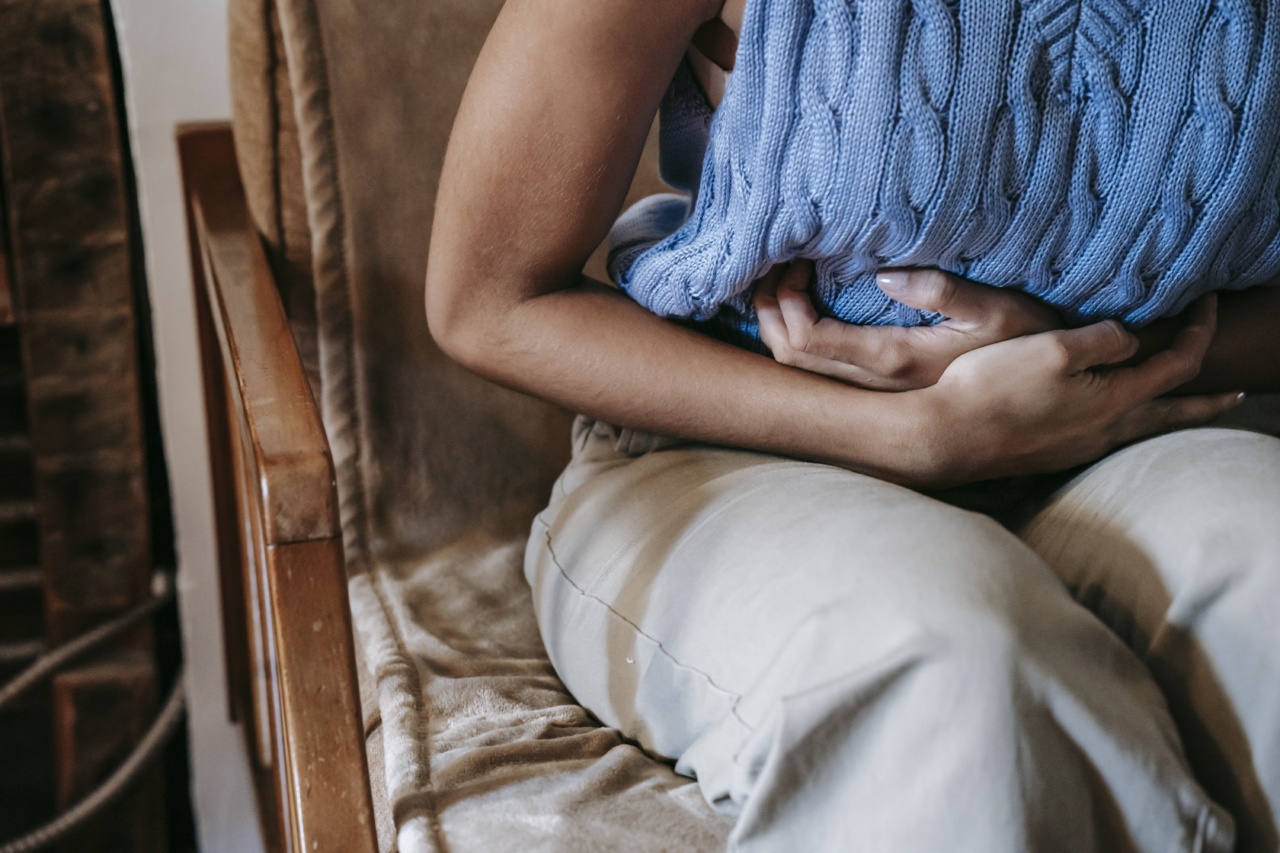Period cramps, also known as dysmenorrhea, are a common and often very painful occurrence during menstruation. While many women experience mild discomfort, others experience severe pain and discomfort that can disrupt their daily activities.
To help manage period cramps, here are 10 tips:.
1. Use Heat Therapy
Applying heat to your abdomen lowers prostaglandin levels and helps to relax the muscles, reducing the severity of menstrual cramps. A heating pad, hot water bottle, or warm compress can provide relief.
You can also take a warm bath or shower to help relieve cramps.
2. Exercise
While it may be the last thing on your mind when experiencing cramps, moderate exercise can help reduce pain. Exercise releases endorphins, which are natural painkillers. Low-impact exercises such as yoga and walking can be especially beneficial.
3. Massage
Gentle massage on the lower abdomen can help reduce cramps. Use warm oil or a heating pad to help relax the muscles. If the cramps are especially severe, you may want to see a trained massage therapist.
4. Take Over-the-Counter Medications
Over-the-counter pain relievers such as ibuprofen and naproxen can help reduce the severity of menstrual cramps. These medications help block the production of prostaglandins, the hormone-like compounds that cause cramping and inflammation.
5. Get Plenty of Rest
Getting enough rest and sleep is especially important during your period. Rest helps your body recharge and recover from the stress of cramps and other menstrual symptoms.
6. Eat a Balanced Diet
Eating a well-balanced diet can help reduce the severity of menstrual cramps. Foods that are high in omega-3 fatty acids, such as fish and nuts, may be especially beneficial. Also, avoid caffeine, alcohol, and sugary foods, which can exacerbate cramps.
7. Try Acupuncture
Acupuncture, a form of alternative medicine that involves the insertion of thin needles into the skin, may help reduce cramps. Acupuncture is believed to help reduce pain and inflammation, making it a potentially effective treatment for dysmenorrhea.
8. Use Essential Oils
Essential oils, such as lavender and chamomile, may help alleviate menstrual cramps. You can add a few drops of essential oil to a warm bath or massage oil, or use a diffuser to inhale the scent throughout the day.
9. Try Herbal Remedies
Herbal remedies such as ginger and cinnamon may help reduce menstrual cramps. These herbs contain natural anti-inflammatory and pain-reducing properties that can provide relief from cramps.
10. Consider Hormonal Contraception
Hormonal contraception, such as birth control pills and patches, can help regulate your menstrual cycle and reduce the severity of menstrual cramps. These methods work by thinning the lining of the uterus and reducing the production of prostaglandins.































